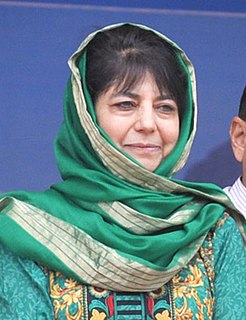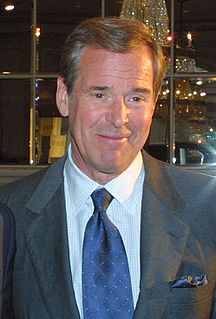A Quote by Li Keqiang
India and China have not shied away from addressing boundary questions, have wisdom to find a fair and mutually acceptable solution... We have been able to put all issues on the table.
Related Quotes
I can say that China has been cooperating with India to search for solutions. On some issues, it's a question of principles for them. On some issues, it's a question of principles for us. On some issues they differ with us and there are issues on which we differ with them. There are some basic differences. But the most important thing is that we can speak to China eye-to-eye and put forth India's interests in the most unambiguous manner.
The issue of Kashmir is both political and emotional in nature. Any pragmatic and lasting solution needs India and Pakistan sitting together on a table and discussing a solution that addresses the aspirations of Kashmiris and does not compromise the territorial integrity of either India or Pakistan.































